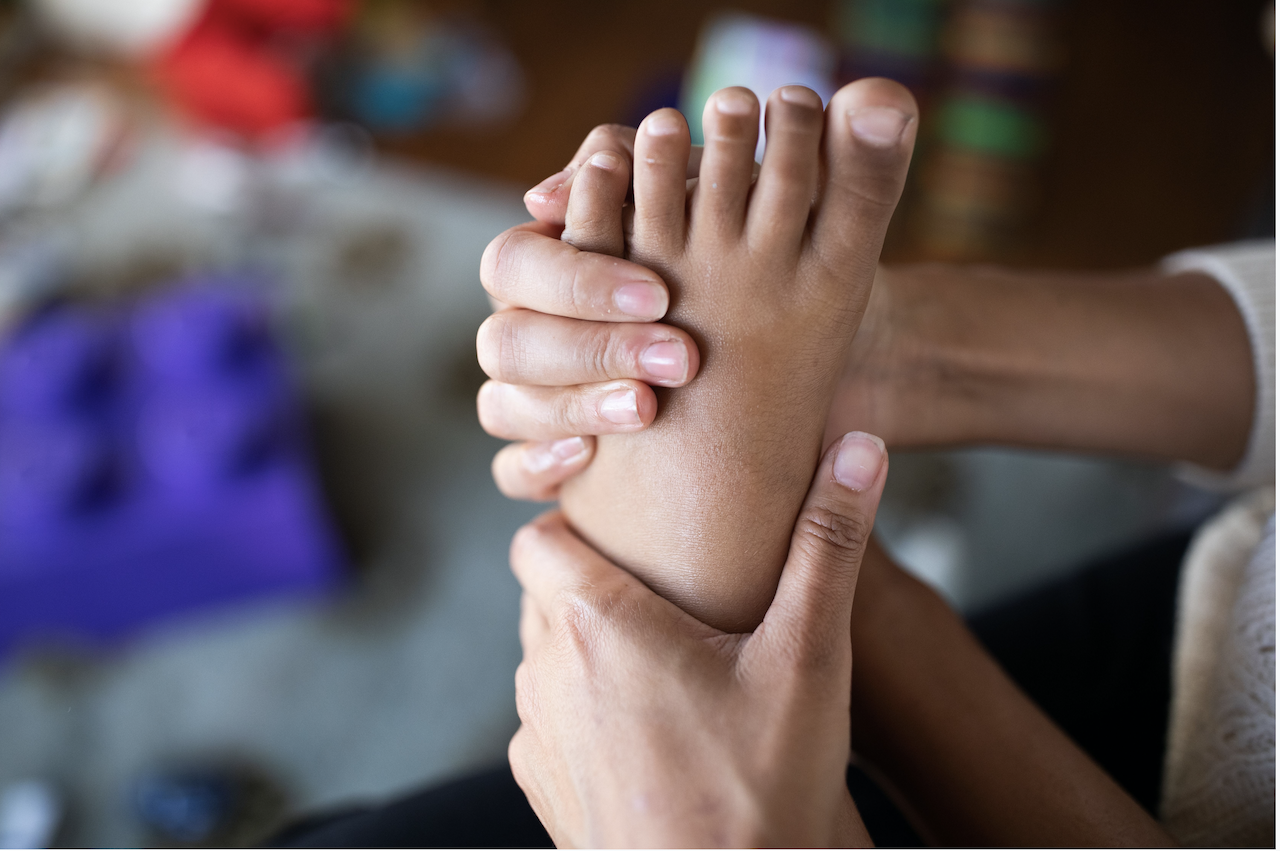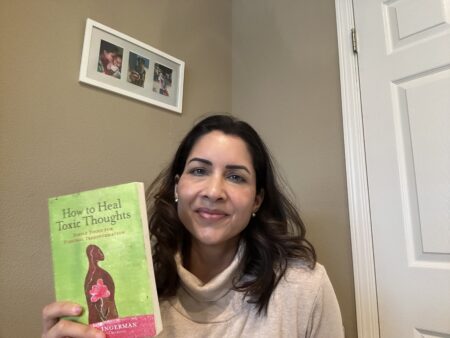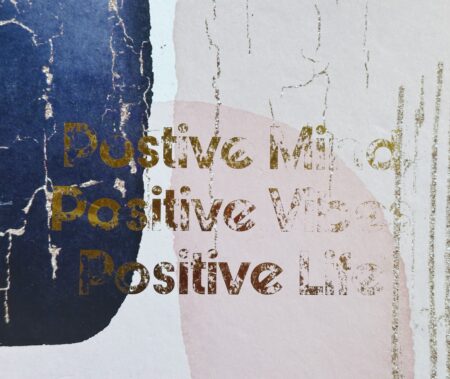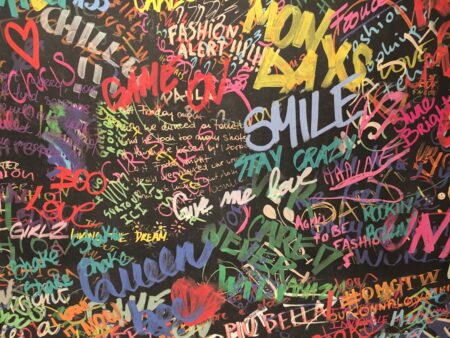It is an hour past his bedtime when I hear a gentle knock at the bedroom door.
“Mama, I’m scared. Can I come in?” my middle child’s voice is muffled but recognizable.
I walk to the door beginning to open and ask, “What’s up, bud?” I expect another request to tuck him into bed or for water.
When I see my 7-year-old’s widened almond eyes, I know it isn’t a tactic to stay up late.
He presses close to me for a hug and speaks into my abdomen,“I’m afraid the police will come get me.”
He pauses.
He clenches his pink lovey closer to him – to us- and whispers into me, “Because I’m brown.”
My chest heaves. He is processing what he overheard at home about the George Floyd protests.
_____
Uncovering My Culture’s – And My Own – Racial Blindspots
I have been unable to sleep all week. I have spent the wee hours of the night on Twitter keeping up with protests, the BLM movement and understanding the history of slavery.
My iPhone’s screen time report will surely be at new highs.
As a child of Indian immigrants and a South Asian female, I understand bias because I have experienced it in different ways all my life. My earliest memory of it was in elementary school. A group of teenagers, who were driving through my middle-class neighborhood in Oklahoma City, screamed at me “Go home, Gandhi!” while I played on my front lawn. Without knowing what it meant, I knew I was perceived as different. The feeling is still with me.
Until this week, I had believed that because of my own experiences with race and gender bias, that I was not complicit in supporting racism. Because of the protests and my information gathering this week, I now know that is untrue.
I thought I was doing all the right things.
I thought because of my brown skin, my diverse friends and my worldly views, I was awake. But, I am here to admit I am not.
I think I am in shock. I feel shame. I want to deny and defend, but I know I cannot. It is time to grow.
(I struggled with whether to even publish this for fear of being misunderstood, criticized. Only by hitting the ‘publish’ button could I take a stance.)
My culture perpetuates skin-color prejudice

As South Asian females can attest, having fair skin and other Anglo-features is considered desirable for girls and isimpressed upon us from youth. There were rules I had about avoiding playing outside during peak sunlight hours because of heat exhaustion risks and darkening effects on skin. Skin lightening products and hair bleaching creams in Desi beauty magazines pushed certain ideals. These standards contribute to the global climate of bias and imprint our culture.
Even India’s controversial national hero, Mahatma Gandhi, held racist views towards Africans (which may have evolved). Current events compel me to examine my Indian-American values, some of which came from a different continent.
Even today, as a mother of three, there have been a handful of comparisons amongst my children, who have two South Asian parents, about who has the darkest shade of skin. My response is always, “God made us exactly how we are supposed to be.”
Reflecting on this now, I am disgusted.
I know that they already carry implicit assumptions about which shade of brown in our household is desirable. My canned response, I now see, skirts around the core issue. I have been complicit and complacent.
Even brown people have work to do on racism.
Just because we may be ethnic, practice a different religion than the mainstream or consider ourselves progressive – that does not mean that we are active supporters of African-Americans. It also does not mean that we are unracist.
Systemic prejudice, racial disparity in our criminal-justice system and income inequality all exacerbate the nation’s legacy. And even this is simplistic. I am only awakening to the bias experienced faced by African-Americans.
This is not about racism as I know it. This is about standing up for the rights of Black people and racism as they know it.
With this new learning this week, my role as an activist within my home is born for my children, my culture and my nation.
I know I must start by telling my children the truth about racism and pushing our discussions earlier and further.
____
My first uncomfortable conversation on race
I reflect on my son’s fear of being targeted by the police because of skin color.
I am torn because I cannot promise it will not happen. I am learning that his caramel brown skin and our zip code are partially an insurance policy.
“That won’t happen, bud. A lot of the police are good people.* And you know right from wrong. You will be ok,“ I assure him. (*I realize, a view not shared by all)
The strain in his brown eyes eases.
On any day before today, our conversation would have ended here. I now know too much to stop.
I continue despite the discomfort and unfamiliar territory, “I know the story you heard today makes you scared. But, it isn’t about us. It is about what is happening to Black people.”
For the next ten minutes, we speak about the history of immoral treatment of African-Americans based on skin color and unfair rules. This is something he can relate to because of extended family and close friends circles.
“What if the police saw friend X, called her a trouble-maker and took her to jail just because of her skin color?”
He is enraged by the idea.
“Sorry to say this, Mom, but’s that’s the ‘S-WORD.‘”
“That’s STUPID,” he says firmly, to clear up doubt.
I am proud of his strong response, and we chuckle at his language.
“That is what this family is going to fight for – for the right thing for everyone,” I say just as firmly. Our eyes lock on one another. We smile in understanding.
I am hopeful. Though I know that if my son were Black, our conversation would have been far more real and scary. But today, I start with my circumstances, family and culture first.
Know that in conversing with children today, we begin to change the imprint of racism on future generations.
Every mother, every father has this power.
Educate yourself. Talk to your kids. Then act – together. This will take a lifetime.
In Peace,
Shibani



